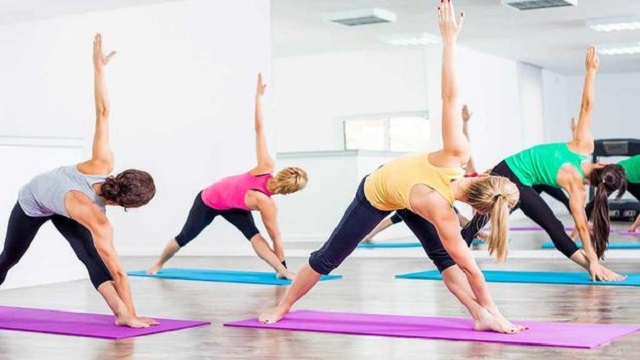Exercise can help boost memory through bone hormone
Researchers have identified a naturally occurring bone hormone that can potentially reverse memory loss in the ageing brain through exercise.
The study on the hormone osteocalcin lends new insight into how lifestyle changes that affect the body, such as exercise, could positively affect the brain.
“Nearly everyone will experience age-related memory loss in their lifetime, so it is incredibly important to understand its causes and identify ways to mitigate it,” said Eric R. Kandel, Professor at the Columbia University.
“With today’s study, we are not only building a detailed understanding of how age-related memory loss originates in the brain, we’ve shown how osteocalcin interacts with key proteins in the brain to boost memory.”
For many years, memory loss was treated as a singular disorder. But scientists have now begun to realise that Alzheimer’s disease, begins in a part of the brain called the entorhinal cortex, which lies at the foot of the hippocampus.
On the other hand, age-related memory loss, begins within the hippocampus itself, in a region called the dentate gyrus, Kandel said.
Kandel’s team identified a deficiency in a protein called RbAp48 protein, a significant contributor to age-related memory loss but not Alzheimer’s. The protein levels decline with age, both in mice and in people.
In a series of experiments, reported in the journal Cell Reports, the team found that RbAp48 controls the expression levels of two other proteins regulated from osteocalcin.
If RbAp48 function is inhibited, osteocalcin infusions have no effect on the animals’ memory. Osteocalcin needs RbAp48 to kick start the process.
These findings also provide further evidence that exercise may be the best way to stave off or even treat, age-related memory loss in people.
Studies in mice showed that moderate exercise, such as walking, triggers the release of osteocalcin in the body.




